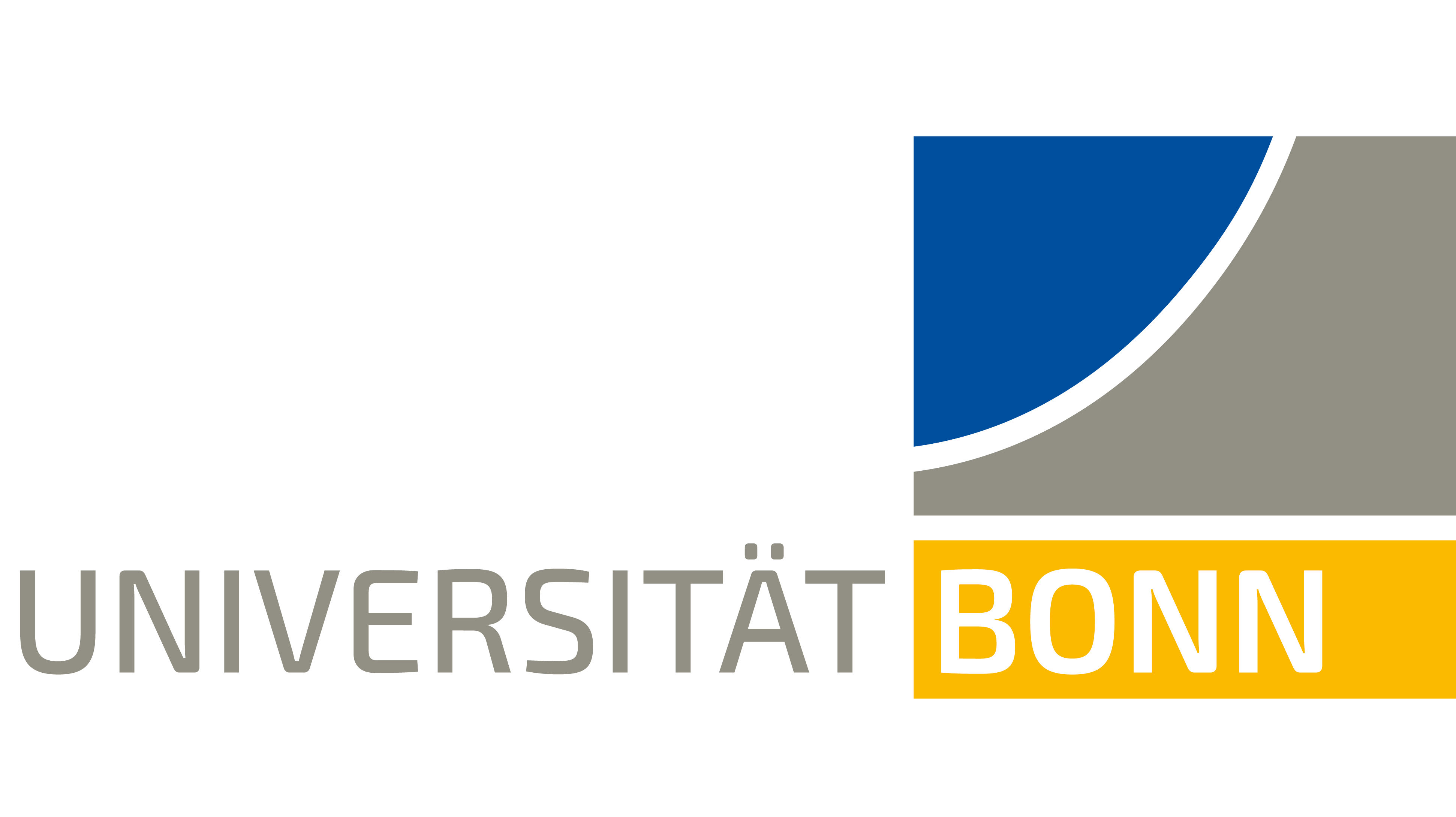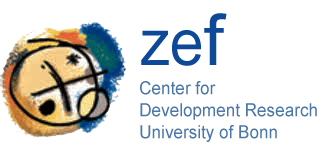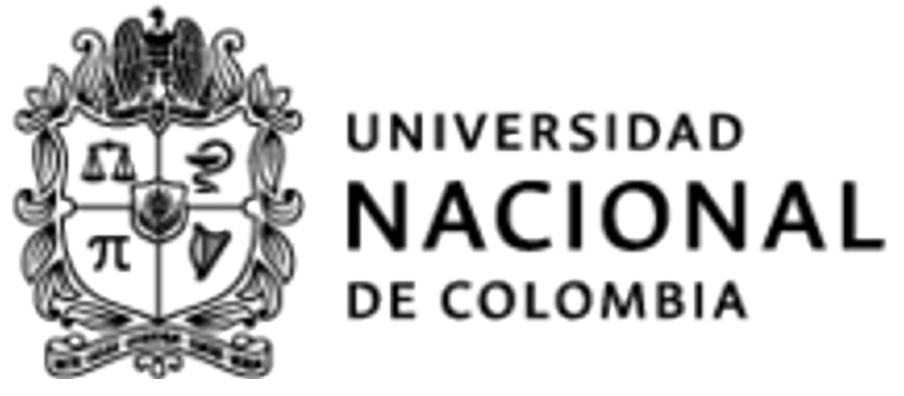 |
 |
 |
 |
Resources

E-Learning (Multimedia)
A method to intensify and support academic teaching nowadays is the use of the potentials of the internet. A main characteristic of online education is multimodality, which means that the course contents are processed in a multimedia format, such as videos, audios, animations, interactive tests, or digital documents. In our program we apply the concept of a mixed learning (blended learning) combining classroom teaching with phases, in which the students can prepare, recapitulate or communicate about what has been taught in the classroom. Components of online education are also integrated into the face-to-face teaching, for example by watching a video or performing an online test that help consolidating immediately what has been discussed.
The DSSP employs the Moodle Learning Management System (LMS), which is an open source system widely used throughout the world for academic and non-academic education. It will be installed in the IDEA’s own servers and be accessible through the technological infrastructure financed by the DAAD.
n order to include the participants from other seats of the IDEA (outside Bogotá), we will also implement virtual classes. Thanks to videoconferences, external participants will be able to listen and also discuss live with researchers and students at the IDEA in Bogotá.
Information System for scientific and spatial data
The common way to publish research findings is the publication in scientific journals. In several publications, interpretations based on primary data are presented, which were generated, processed and analyzed by the authors. However, these gross data are normally not published or accessible for other researchers.
In the DSSP we will publish the data generated during the program to facilitate its reuse, for example, by future students. A data policy dedicated to the program will regulate the data sharing by taking into account the national legislation as well as the regulations of the UN on intellectual property and data privacy protection.
patial data will play an important role in research. To train students in the analysis of spatial processes within their research territories, a training in GIS (QGIS) is part of the curriculum. Spatial data generated during field work or received from external sources will be published using technologies and standards applied in the so-called Spatial Data Infrastructures (SDI). A "Scientific Data and Maps Portal", which consists of a metadata catalog and a map viewer, will be online and maintained by the IDEA. This will allow users not only to search and download scientific data of any kind but also to interactively create their own maps by combining different thematic layers offered by the data portal catalog. This allows the IDEA to offer a complementary tool for the Observatory of Environmental Conflicts (OCA), thus strengthening the socio-ecological vision of the territory

